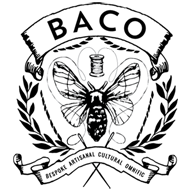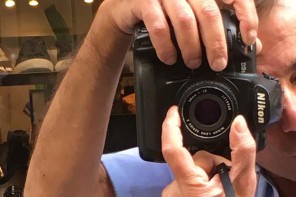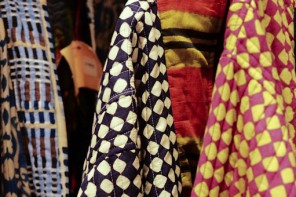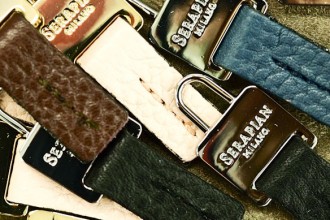There have been a lot of signs on and off the runway that Africa is the sleeping dragon of the fashion world. In Italy alone, the Ethical Fashion Initiative put African designers and the work of African artisans on the runways of Alta Roma in 2013 and 2014. Here in Milan we have seen a series of events like Vogue Talents and a showcase at upscale boutique Biffi bringing couture-worthy designers like Sophie Nzinga Sy to the fore, also with the help of EFI.
Projecting an upswing in Africa’s role in the men’s wear market, the Ethical Fashion Initiative and Pitti Immagine have teamed up to put four mens designers on show at the 88th edition of Pitti Uomo. Nigerian Adebayo Oke-Lawal’s ORANGE CULTURE, South African Laduma Ngxokolo of MAXHOSA By Laduma, Angolan Tekasala Ma’at Nzinga & Shunnoz Fiel of PROJECTO MENTAL and Ivorian/British designer Alexis Temomanin of DENT DE MAN will all stage a fashion show in Florence’s Dogana venue on the 18th.
“The distinctive couture touch of African designers is resulting in some new men’s wear brands that are very innovative. In my opinion it is in men’s wear that we will see the most radical innovation from Africa,” said EFI head Simone Cipriani in an interview with BACO, adding that the Ethical Fashion Initiative helps manufacture innovative textiles that are hand woven and often hand decorated that are also sold to men’s wear designers.
Cipriani communicated with BACO via email from an Ethiopian tannery where he is overseeing the development of men’s bags, two of which will be on stage at Pitti Uomo.
Despite a lack of proper infrastructure throughout the continent, a study by Euromonitor valued the apparel and footwear industries in Sub-Saharan Africa at about $31 billion both in terms of its retail market but also its homegrown talent.
The emergence of fashion weeks in cities like Lagos and Johannesburg celebrate rising stars that have global allure. Cities subject to less hype like Kigali, the capital of Rwanda, are also gaining some steam.
Kigali’s 2014 fashion week doubled its visitor base from 2013 numbers (20 percent were foreign) and they project even more in 2015.
“The artisans are Rwandan young youth who are more exposed to international fashion through media and various platforms,” he added.
“In a nutshell: Africa has much more than what we think. What is needed to approach this reality is a solid network of production support centres: this is what the Ethical Fashion Initiative has and what enables us to do what we do,” Cipriani said. –By Sofia Celeste, BACO Founder and Editor-in-Chief






I LOVE YOUR WEBSITE!!
Thank you Dinah!